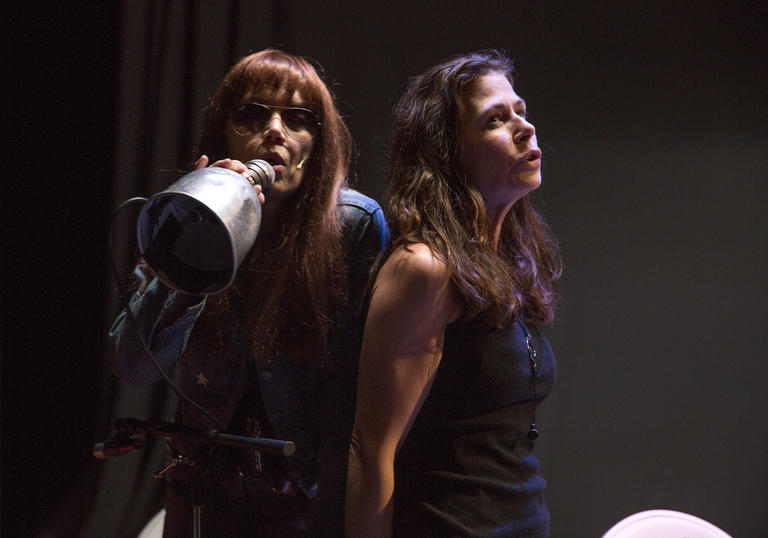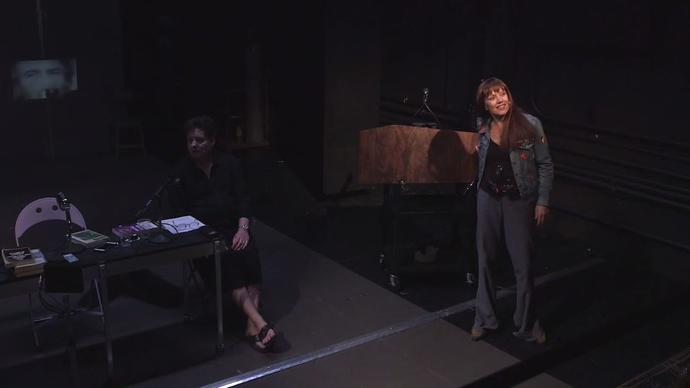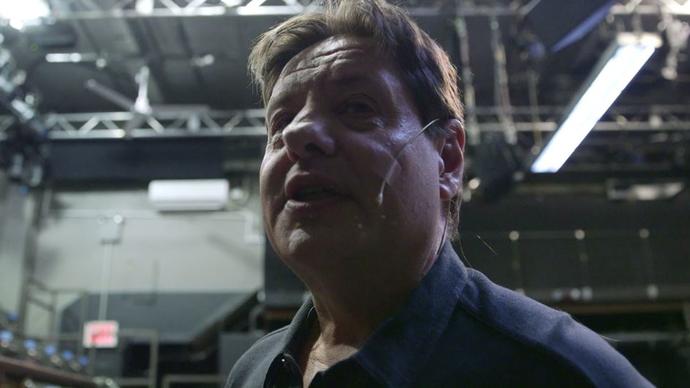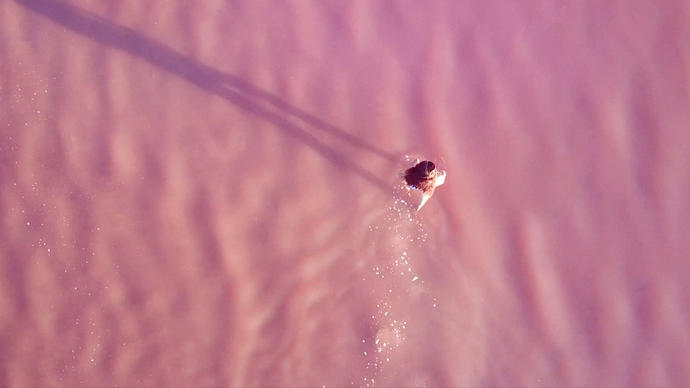
Booking fees
£4 booking fee per online/phone transaction.
No fee when tickets are booked in person.
Booking fees are per transaction and not per ticket. If your booking contains several events the highest booking fee will apply. The booking fee may be reduced on certain events. Members do not pay booking fees.
Who were the figures championing the feminist cause that night in New York?
A long-time critic for culture-focused, alternative American newspaper The Village Voice, Jill Johnston was known as one of the country’s finest free-associative writers when she joined the panel debate in 1971. She had established herself during the 1960s among a bohemian set of poets, performers, authors and composers in New York City, and had a vision of a revolutionary future for women modelled around radical lesbian ideas. Her book Lesbian Nation: The Feminist Solution, published in 1973, included an account of the debate at New York Town Hall. Determined to disrupt proceedings, Johnston narrated a lesbian prose poem, engaged in an impromptu physical display of affection, but was unable to finish her speech, ‘On a Clear Day You Can See Your Mother’, when moderator Norman Mailer interrupted her. Reflecting on the cacophonous debate, she admitted to having questioned appearing at all since the panel’s very existence suggested that women’s liberation was a debatable issue. Describing it as ‘a disaster for women’ simply because it had occurred, Johnston also declared it the ‘social event of the season’.
Reviews
Part of The Art of Change
Our 2018 season explores how the arts respond to, reflect and potentially effect change in the social and political landscape.
Discover

Watch: Kate talks about Jill
Kate talks about Jill in this video exploring the themes and characters in the Wooster Group's 'The Town Hall Affair'.

Watch: Greg Mehrten on Diana Trilling
Greg Mehrten talks about Diana Trilling in this video exploring the themes and characters in the Wooster Group's 'The Town Hall Affair'.

The Art of Change Shorts: Feminism - Helen Plumb
We follow the account of a woman who is grappling with the decision of whether or not she should embrace her body hair in public - a prickly subject...
Barbican Theatre
Location
The Barbican Theatre is located within the main Barbican building. Head to Level G and follow the signs to find your seating level.
Address
Barbican Centre
Silk Street, London
EC2Y 8DS
Public transport
The Barbican is widely accessible by bus, tube, train and by foot or bicycle. Plan your journey and find more route information in ‘Your Visit’ or book your car parking space in advance.





